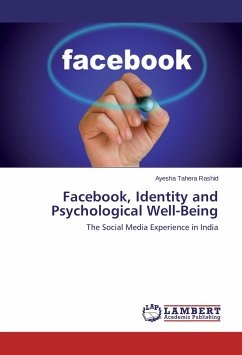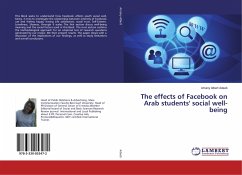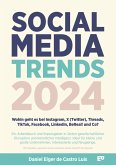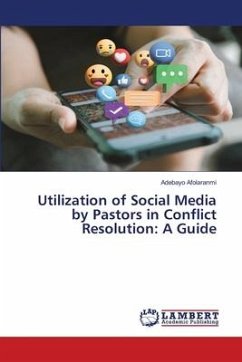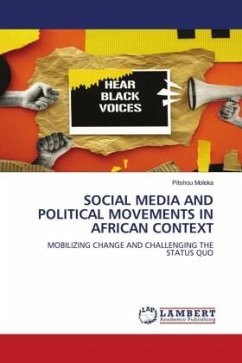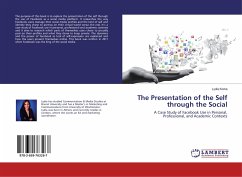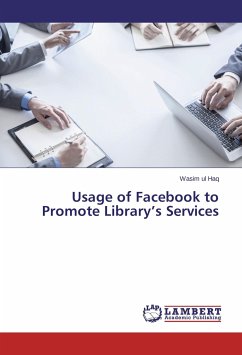India, today has the second largest number of Facebook users in the world. Of the 100 million active users in India, 76 per cent of them are young educated people in the age group of 18-34 years. As this young demography spend more time online than each generation before, it is important to explore the gratifications they seek and derive from Facebook. This book is a synthesis of the findings of a research that examines the intersection between technology and psychology. In this scholarly enterprise, the author empirically uncovers the reality of young peoples' use of networked technologies in India. Appropriating Goffman's seminal work on presentation of self, this study particularly focuses on young peoples' online identity in relation to social contextual information on Facebook. Through this lens, the author discusses current issues in online identity management. The application of the Rosenberg Self-Esteem Scale and the Life Satisfaction Scale enables the researcher to illuminate why and how social media is important to young people and how psychological well-being predicts the behaviour of Facebook users.
Bitte wählen Sie Ihr Anliegen aus.
Rechnungen
Retourenschein anfordern
Bestellstatus
Storno

